Astaxanthin
Astaxanthin is a keto-carotenoid. It belongs to a larger class of chemical compounds known as terpenes (as a tetraterpenoid) built from five carbon precursors, isopentenyl diphosphate, and dimethylallyl diphosphate. Astaxanthin is classified as a xanthophyll (originally derived from a word meaning “Yellow leaves
Send Enquiry
Astaxanthin is a keto-carotenoid. It belongs to a larger class of chemical compounds known as terpenes (as a tetraterpenoid) built from five carbon precursors, isopentenyl diphosphate, and dimethylallyl diphosphate. Astaxanthin is classified as a xanthophyll (originally derived from a word meaning “Yellow leaves
Related Products
-
Get Quote
Piperine Extract
Piperine, along with its isomer chavicine, is the alkaloid responsible for the pungency of black pepper and long pepper. It has been used in some forms of traditional medicine.
-
Get Quote
Grape Seed Extract
Grape seed extract is an industrial derivative of whole grape seeds. The extract contains proanthocyanidins. Grape seed extract quality is measured by the content of procyanidins which are formed from proanthocyanidins. Generally, grape seed extract quality contains 95% procyanidins
-
Get Quote
Lycopene
Lycopene (from the neo-latin lycopersicum, the tomato species) is a bright red carotenoid hydrocarbon found in tomatoes and other red fruits and vegetables, such as red carrots, watermelons, grapefruits, and papayas. Although lycopene is chemically a carotene, In plants, algae, and other photosynthetic organisms, lycopene is an intermediate in the biosynthesis of many carotenoids, including beta-carotene, which is responsible for yellow, orange, or red pigmentation, photosynthesis, and photoprotection. Like all carotenoids, lycopene is a tetraterpene. It is insoluble in water. Eleven conjugated double bonds give lycopene its deep red color. Owing to the strong color, lycopene is useful as a food coloring

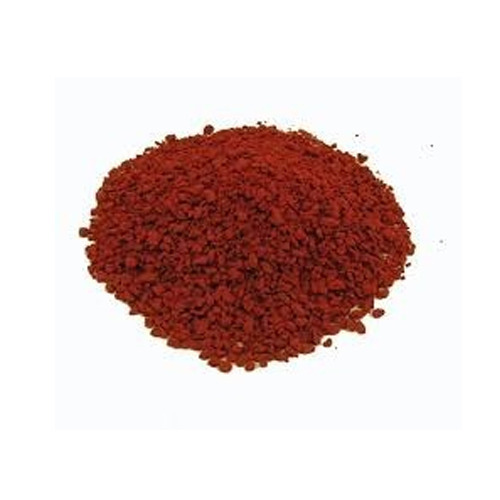
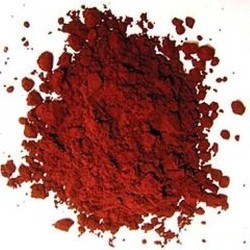
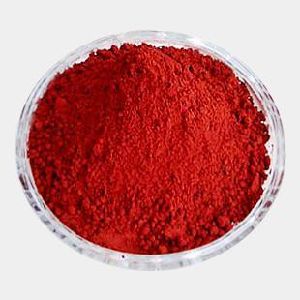
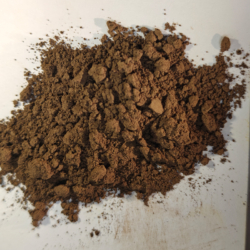
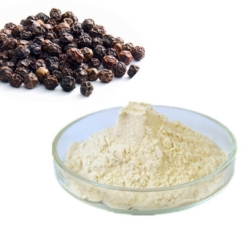
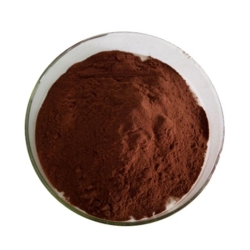
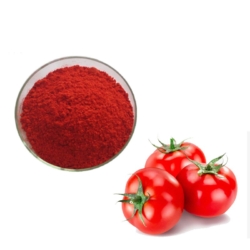
Reviews
There are no reviews yet.